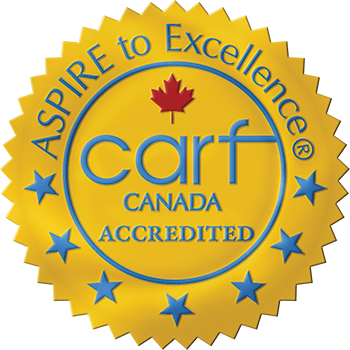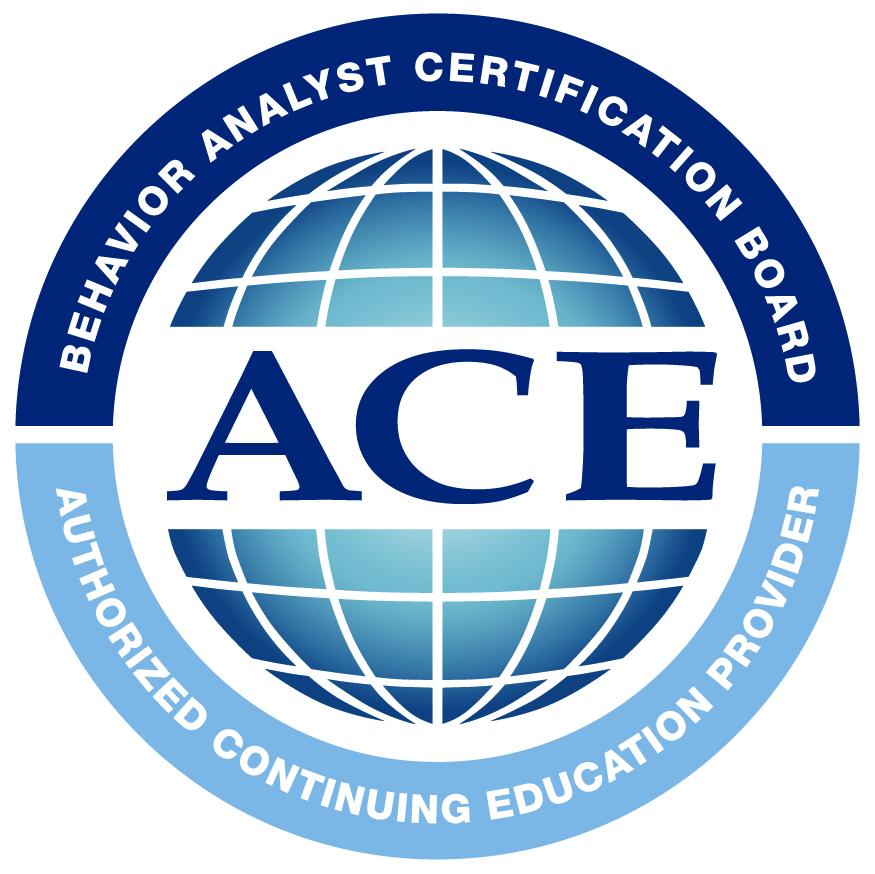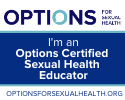June marks National Indigenous History Month, with National Indigenous Peoples Day on June 21st. This year, it comes at a time when we are reckoning with the dark parts of our history that still impact Indigenous communities today. We mourn the loss of the 215 Indigenous children who died at Kamloops Indian Residential School, located on the traditional territory of the Tk’emlúps te Secwe̓pemc people, along with the countless others who were taken from their families and never made it home. Many of these children lie in unmarked graves, having been buried by their peers.
Residential schools started opening in Canada even before Confederation, with over 150 000 Indigenous children being forced to attend from 1831 until the last one closed in 1996 – just 25 years ago. Kamloops Indian Residential School operated from 1890 to 1969, but was transformed by the Catholic Church into a day school until 1978. Residential schools aren’t ancient history – their effects are still being felt today, as thousands of survivors are still alive and with us. Indigenous children are overrepresented in the foster care system, and on into adulthood, they continue to be overrepresented in correction systems.
Kukpi7 (Chief) of Tk’emlúps te Secwe̓pemc, Rosanne Casimir, thanked all those who supported the Kamloops community after the discovery of the 215 bodies, encouraging all Canadians to read the Truth and Reconciliation Report, which contains a total of 94 action items. June 2nd was the sixth anniversary of these calls to action, which includes the Missing Children and Unmarked Burials Project (calls 71-76).
Prime Minister Justin Trudeau tweeted, “we recommit to deepening our understanding of Indigenous peoples’ distinct histories, governments, laws, customs, spiritualties, and languages – and we recommit to continuing to walk the path of reconciliation together”.
The National Action Plan (NAP) towards ending violence against Indigenous women, girls, and 2-spirit folks was released on June 3rd, the second anniversary of the final report from the National Inquiry into Missing and Murdered Indigenous Women and Girls. Read more about the National Action Plan and BC’s response here.
The following resources are available for Indigenous folks who need support during this time:
- The Hope for Wellness Help Line has a chat function as well as a 24/7 toll-free Help Line (1-855-242-3310) with counselling services in English, French, Cree, Ojibway, and Inuktitut.
- The National Indian Residential School Crisis Line is also available 24/7 at 1-866-925-4419.
For non-Indigenous people who want to help out, a great way to start would be learning the history of the land you reside on. Fortunately, websites for that very purpose exist: whoseland.ca and native-land.ca are free resources for learning whose ancestral land you live on. The University of Alberta is also offering a free Coursera course about Indigenous history in Canada.
The Canadian Centre for Diversity and Inclusion also offers articles, webinars and events centred on Indigenous history and rights.
Additionally, if you have the means, there are plenty of organizations dedicated to supporting residential school survivors which are open to donations:
- https://www.irsss.ca/
- https://legacyofhope.ca/home/about-us/
- https://www.orangeshirtday.org/donations.html
- https://truenorthaid.givecloud.co/donate
- https://fncaringsociety.com/donate
Lastly, we host conversation circles and offer employees and persons’ served opportunities to get involved in committee work that advances diversity, equity, inclusion and belonging within the Association. We will be leading a Culture Club at 12:30-1:30 pm on Wednesday, June 16th with a focus on anti-racism. To learn more, please email [email protected]










